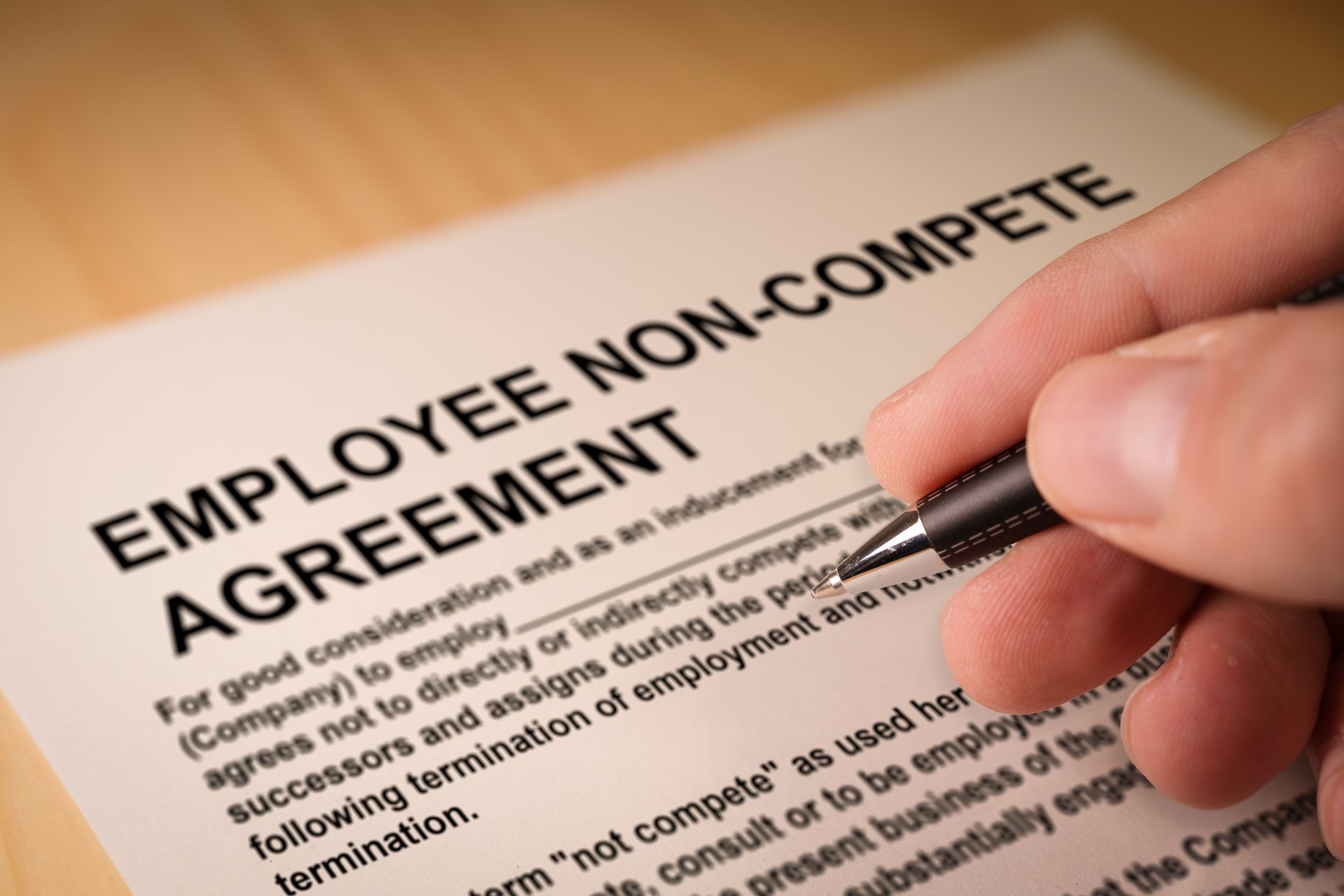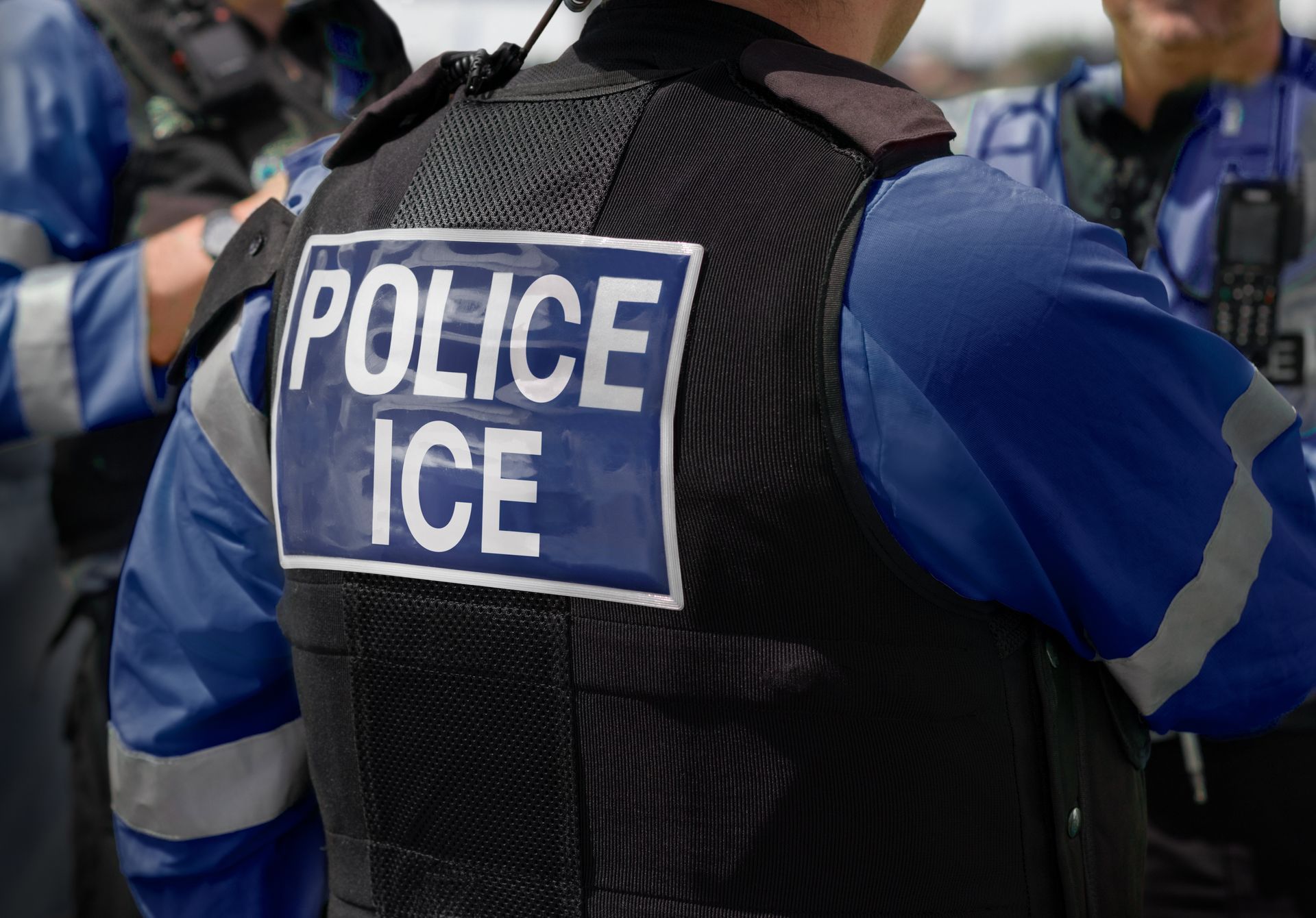The police’s primary mission during an investigation is to find the culprit. Being completely honest with potential suspects or people with information they want is not their top priority.
Cops are allowed to lie about evidence when conducting an investigation, even when speaking with minors. There are no explicit limits to the misleading or untruthful statements police can tell children and adults alike – whether it’s about false witness accounts, DNA or polygraph tests or a statement from a “co-conspirator,” law enforcement can bend the truth for the sake of getting a confession.
Why Can Cops Lie in an Interrogation?
The Supreme Court ruled this deception tactic legal in Frazier v. Cupp (1969) when the police lied to the suspect, Frazier, about a third-party confession, leading the suspect to confess. Despite filing for habeas corpus (meaning unlawful imprisonment) against Prison Warden Cupp, the case fell through in the court of appeals because the police had informed him of his constitutional rights before his confession.
The Supreme Court hasn’t reviewed its decision since then, but now that sixty years have passed, there’s a pressing need for it. In Frazier v. Cupp (1969), the suspect was guilty, but since then, lying about evidence has resulted in multiple wrongful convictions.
The Psychological Effect of Lying About Evidence
Many law enforcement personnel, and even some prosecutors, believe lying about evidence is in the public’s best interest if it leads to holding a criminal accountable and keeping the public safe. The suspects will lie to the police, so the police need methods of extracting information. However, anecdotal evidence and some past case results suggest this psychological tactic can lead to innocent people giving false confessions.
Studies have shown that lying about evidence can alter people’s minds, especially when they’re anxious and vulnerable. Misinformation can reshape visual information, physiological states, emotions, memories and decision-making abilities. Not to mention how the pressure and perpetuation of a lengthy interrogation can further deteriorate a person’s mental condition.
For instance, when his mother was murdered, 18-year-old Peter Reiley was innocent. However, when told he failed the polygraph after hours of interrogation, he believed he had killed her. He confessed and was convicted, only for his case to be dismissed when the police found exculpatory evidence.
Another inescapable reality of modern prosecutions is the pleading and sentencing breaks that might be granted to a person who doesn’t fight a charge. If an innocent suspect is faced with confessing and pleading guilty to get three years versus rolling the dice on a trial and getting 20-plus years, they may rationally choose the lesser of two evils – even if their confession is ultimately also a lie.
Why Police Deception Can Lead to False Confessions From Minors
The psychological effect of lying is particularly apparent in children, as many juvenile suspects younger than Peter Reiley have given false confessions. There are multiple reasons why police deception elicits a stronger reaction from minors:
- They are more likely not to know their rights.
- They can be more trusting of or intimidated by an officer, making it easier to cave into the pressure and confess to adults.
- The human brain doesn’t fully develop until our mid-to-late twenties, so even a young adult’s decision-making abilities aren’t the same as older adults.
- According to the Center on Wrongful Confessions of Youth director at Northwestern University’s Law School, Laura Nirider, sanctioned interrogation tactics were designed with adult suspects in mind, not minors. As a result, the psychological effect of lying is more potent for children than adults.
Despite these compelling reasons not to, police can and have legally deceived children and teens in an investigation, leading to multiple wrongful imprisonment cases. According to data from the National Registry of Exonerates from 1988 to 2013, 38 percent of cases in which a minor was wrongfully imprisoned involved a false confession. Their 2020 data showed that of the 268 exonerees convicted as children, 34 percent occurred because they gave a false confession.
While lying about evidence also negatively affects adults, the tactic disproportionally influences minors. In order to reduce the frequency of false confessions and wrongful imprisonments in the U.S., some advocates are aggressively pursuing state legislation to prohibit this interrogation tactic.
Other Western countries, such as the U.K. , have already outlawed police lying about evidence in an investigation, and data suggests there have been fewer instances of false confessions. Some states have recently put in place legislation to protect minors from these law enforcement tactics, including Illinois, Utah and Oregon (where Frazier v. Cupp, the case that led to this practice becoming tacitly legal by precedent, took place). Unfortunately, Minnesota isn’t one of those states. If you, your child or a young family member is being charged with a crime, they may benefit from speaking with a private practice criminal defense lawyer.
We’ll Help You Find Competent, Committed Criminal Defense Representation, No Matter Your Situation
A referral counselor at the Minnesota Lawyer Referral and Information Service (MNLRIS) is standing at the ready to set up consultations with Minneapolis–St. Paul criminal defense lawyers who are a good fit for your case.
We have over 200 private attorneys covering more than 50 practice areas in our local legal referral network, some of whom have extensive experience representing minors in criminal matters. Learn more by calling our counselors at (612) 752-6699.
The post Can Cops Lie to Minors During Interrogations? first appeared on Minnesota Lawyer Referral and Information Service.




